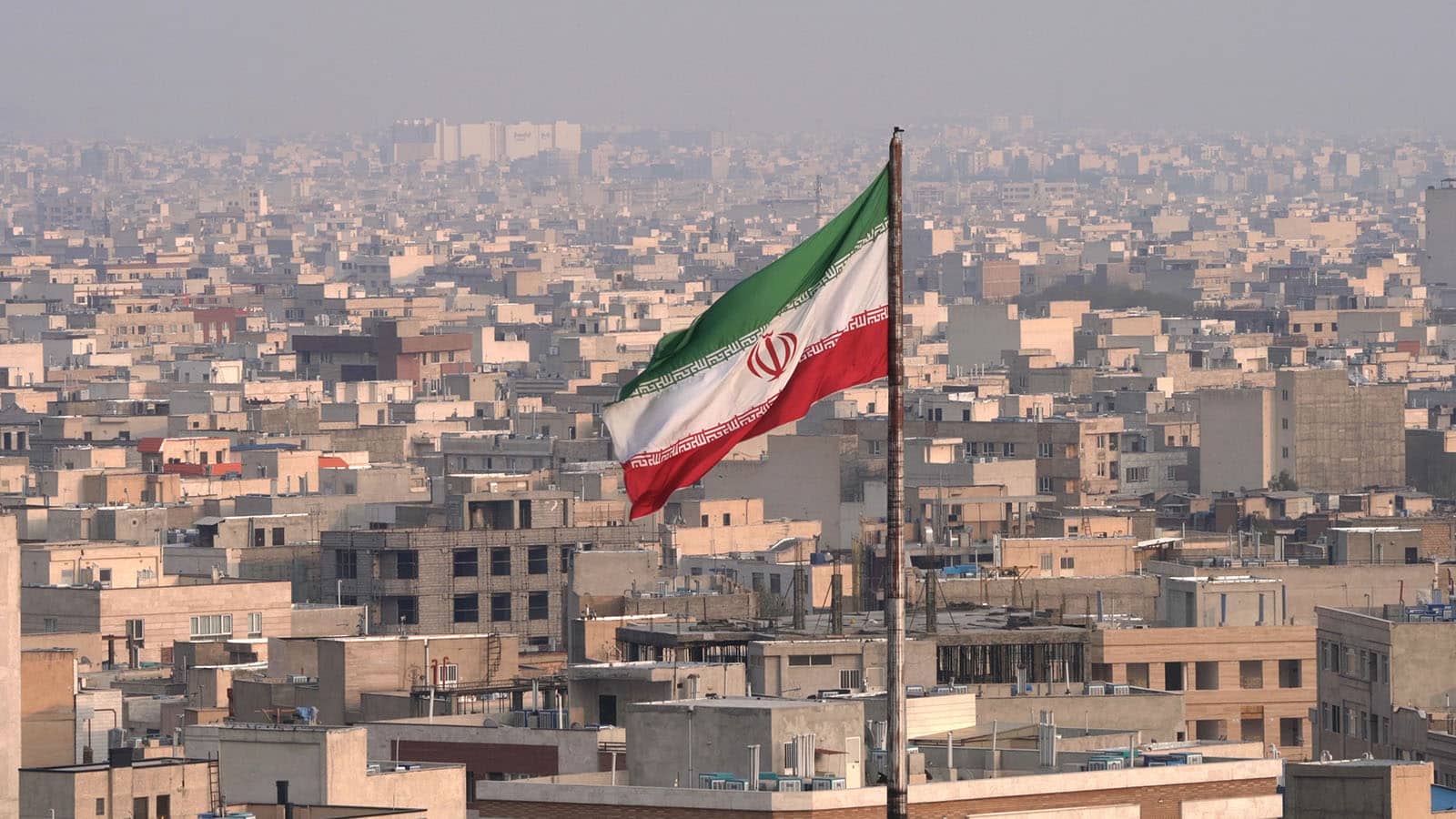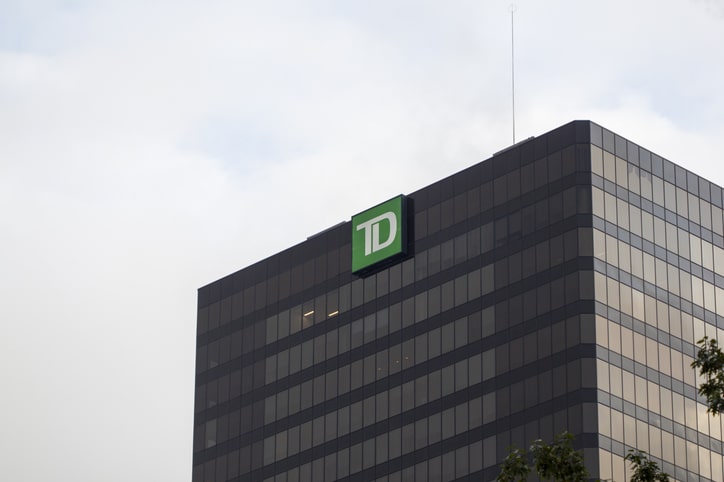What is the Anti-Money Laundering Act?
The Anti-Money Laundering Act is a federal law in the United States that aims to prevent and combat money laundering and terrorist financing. The AMLA is part of the Bank Secrecy Act which requires financial institutions to have strict “know your customer” rules and requires the filing of “Suspicious Activity Reports, or “SARS.”
Updated
May 14, 2025

The Anti-Money Laundering Act (shortened AMLA) is a federal law in the U.S. that aims to prevent and combat money laundering and terrorist financing. It is part of the Bank Secrecy Act which requires financial institutions to maintain strict Know Your Client (KYC) rules and mandates the filing of Suspicious Activity Reports (SARS).
The types of illegal activities the AML Act covers is broad, and may include failure to implement procedures to implement the Bank Secrecy Act, tax evasion, foreign bribery, sanctions-busting, drug trafficking, human trafficking, arms dealing, foreign corruption and any conduct designed to hide the “beneficial ownership” of money.
The AML laws in the U.S. are enforced by various federal agencies, including the Department of the Treasury, the Financial Crimes Enforcement Network (FinCEN), the Internal Revenue Service, and the Department of Justice, and it applies to foreign and domestic financial institutions, casinos, money service businesses, and other designated non-financial businesses and professions.
The AML Act contains whistleblower award provisions modeled off those found in the Dodd-Frank Act, the law which established the SEC Whistleblower Program. These provisions, which were strengthened in 2022 with the passage of the AML Whistleblower Improvement Act, offer monetary awards and anti-retaliation protections to whistleblowers who report money laundering violations.
Continue reading to learn more about the Anti-Money Laundering Act!
Understanding AML Law
The AMLA of 2020 was passed on January 1, 2021, and was an updated, and strengthened update from the existing Anti-Money Laundering Act of 2001, which was enacted to put an end to money laundering and terrorist financing taking place in the Philippines at that time.
The Anti-Money Laundering Act has come along way from the 1970 Bank Secrecy Act, which asked that banks report deposits over $10,000 to regulators. There have been other improvements over the years, including:
- Scope – the AML Act applies to a broad range of financial entitities, businesses, and employees, as well as money services businesses (such as currency exchange houses) and casinos. The act also covers other professions, including lawyers, accountants, and real estate agents.
- Required reports – the AML Act requires financial institutions report suspicious activity, including large transactions and wire transfers, especially if it appears that the transaction involves money laundering or terrorist financing.
- Record keeping – the AML Act requires institutions to maintain clear records of their customer’s transactions, which also includes the identity of their customers, for a minimum of five years.
- Penalties – the AML Act imposes penalties on institutions who fail to comply – this might include criminal charges or civil fines.
- International cooperation – the AML Act has provisions for international cooperation in an investigation and prosecution of money laundering and terrorist financing. This includes the sharing of information with foreign law enforcement agencies and the freezing of assets held in foreign banks.
Banks need to meet compliance by verifying the identity of their clients using the Know Your Customer (KYC) process. They must also understand the nature of the clients activity and also verify the sources of the funds to determine whether both are legitimate.
What are the steps in money laundering?
Money laundering is the act of of obfuscating the earnings from criminal activity as legitimate funds. The three steps of the money laundering process are:
- Placement – placement involves the introducion of illegal proceeds generated from criminal activity into the legitimate financial system. Placement can be as simple as depositing cash into a bank account, or buying valuable assets such as real estate, jewelry, or artwork with the illegal cash.
- Layering – layering involves separating the illegal proceeds from the original source, making it hard to trace the money. This is generally done through transferring funds between various bank accounts accounts, or in some instances, exchanging to another currency.
- Integration – integration is the process of bringing the laundered funds back into the economy so that they can be used to make legitamate purchases or investments. These funds are generally used for investments, new businesses, or other ventures.
Rewards for Reporting Money Laundering
Whistleblower can receive an award under AML if they provide credible, timely, and original information that leads to a succesful investigation or prosecution of a money laundering violation. The type of quality information FinCEN is looking for may include information about suspicious financial transactions, the identities of individuals involved in money laundering activities, or other compromising evidence.
The AML Whistleblower Improvement Act enacted on December 29, 2022 addressed weaknesses in the AML Act’s whistleblower award provisions. Now, as of this date, whistleblowers who provide quality information are now entitled to an award for between 10% and 30% of the sanctions collected against a money launderer. Award amounts vary depending on the qualiy of information provided and other factors, so it’s best to speak with attorney for a better understanding.
Who’s Eligible?
Those working in the financial industry, such as bank employees, and members of the general public who may have knowledge of illegal activity such as money laundering, are eligible for whistleblower awards under the AML. Also, whistleblowers do not have to be U.S. citizens or be located in the U.S. to qualify for AML whistleblower awards.
Protection from Retaliation
The AML protects whistleblowers from being retaliated against for submitting tips to regulators, or for participating in other protected activities. Protection is granted to any individual or group of individuals who share critical information with their employer or government officials, such as the Secretary of the Treasury or the Attorney General.
What is considered retaliation?
Retaliation is a negative action against an individual (generally by their employer) because of activity protected by AML. Retaliation can include being fired or laid off, demoted, denied overtime, bonuses, or promotions, intimidation, blacklisting, relocating, and harassment among other forms of harsh punishment.
How Do I File AML Claims?
To file anti-money laundering (AML) claims, you will need to follow these steps:
- Gather all relevant information and documentation
This may include bank statements, transaction records, and any other evidence that supports your claim. - Contact the appropriate government agency
In the United States, the Financial Crimes Enforcement Network (FinCEN) is responsible for enforcing AML laws. - Submit your claim
Depending on the agency you are reporting to, you may be able to submit your claim online, via mail, or in person. Make sure to include all relevant documentation and a clear explanation of your claim. - Wait for a response
Once your claim has been received, the agency will review it and determine if further action is necessary. This process can take several weeks or months, so be patient. - Follow up if necessary
If you have not received a response from the agency within a reasonable amount of time, or if you have additional information to report, you may need to follow up with them to ensure that your claim is being properly addressed.
If you decide to file confidentially and anonymously, the rules require that the whistleblower be represented by an attorney licensed to practice law in the United States. Furthermore, filing a reward claim based on AML violations is extremely complex, as there are at least three reward laws that may be applicable to the claim, and each has separate filing rules. An experienced AML attorney can help guide you through the process.
Our Firm’s Cases

$2 Billion Recovered
Wilkinson blew the whistle on a $230 billion Russian money-laundering scandal that moved rubles out of Russia, converted them to dollars at Danske Bank Estonia Branch, then to moved the dollars to New York. The largest money laundering scandal in history.





